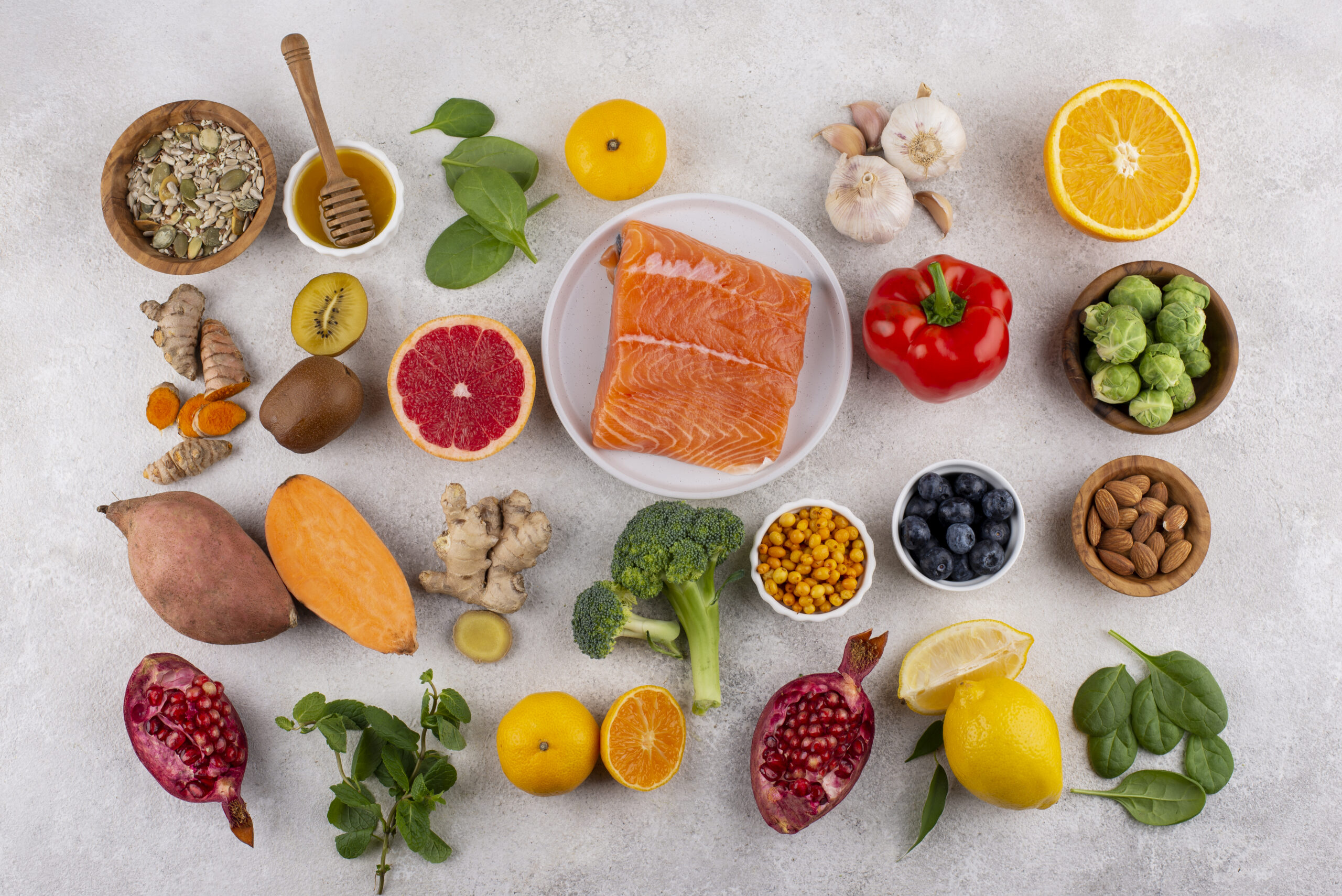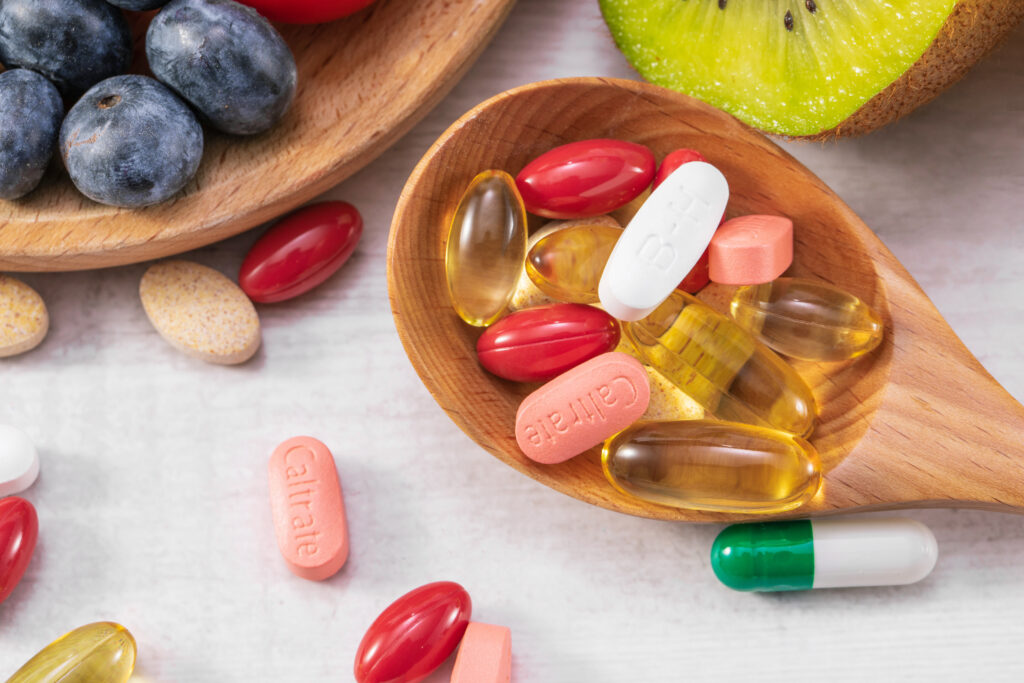Spirit Halloween Locations: Find Stores Near You for the 2025 Season


Vitamin B12, also known as cobalamin, is a crucial nutrient that supports various bodily functions, including the formation of red blood cells, neurological function, and DNA synthesis. Despite its importance, vitamin B12 is often overlooked in daily dietary considerations, leading to deficiencies that can have significant health implications. Understanding which foods contain vitamin B12 and how to incorporate them into your diet is essential for maintaining optimal health and well-being.

Vitamin B12 is predominantly found in animal-based foods, making it a nutrient of concern for vegetarians and vegans. However, there are several rich sources of vitamin B12 that can be easily integrated into a balanced diet. For those who consume animal products, foods such as meat, fish, dairy, and eggs are excellent sources. For others, fortified foods and supplements can provide the necessary intake.
Animal-based foods are the most reliable sources of vitamin B12. Some of the highest concentrations are found in organ meats, like liver and kidney, particularly from lamb and beef. Fish such as salmon, trout, and tuna are also rich in vitamin B12, along with shellfish like clams and oysters. Dairy products, including milk, cheese, and yogurt, along with eggs, offer more accessible options for those who prefer not to consume meat.
For individuals following a plant-based diet, obtaining adequate vitamin B12 can be challenging. Fortunately, several fortified foods can help bridge the gap. Fortified breakfast cereals, plant-based milk alternatives, and nutritional yeast are common options. It is crucial for those on a vegetarian or vegan diet to regularly include these fortified foods or consider taking a vitamin B12 supplement to meet their nutritional needs.
Vitamin B12 plays a vital role in maintaining various aspects of health. Its primary functions include aiding the production of red blood cells, supporting neurological function, and contributing to DNA synthesis. A deficiency in vitamin B12 can lead to anemia, fatigue, and neurological issues, highlighting the importance of ensuring adequate intake.
Vitamin B12 deficiency can manifest in several ways, often starting with subtle symptoms that may go unnoticed. Common signs include fatigue, weakness, constipation, loss of appetite, and weight loss. Neurological symptoms can also occur, such as tingling in the hands and feet, difficulty walking, memory loss, and mood disturbances. Early detection and treatment are crucial to prevent long-term health complications.
Animal-based foods are the most concentrated sources of vitamin B12, making them essential for those who consume them. These foods not only provide B12 but also offer other vital nutrients that support overall health. Incorporating a variety of these foods into your diet can help ensure you meet your daily B12 requirements.
Red meats such as beef and lamb are particularly high in vitamin B12, especially in organ meats like liver. Poultry, including chicken and turkey, also offers a good amount of B12, making them versatile options for meals.
Fish and seafood are excellent sources of vitamin B12, with varieties like salmon, tuna, and sardines leading the pack. Shellfish, including clams, mussels, and crab, are also rich in B12, providing a flavorful way to diversify your diet.
Intrinsic factor is a protein produced in the stomach that plays a crucial role in the absorption of vitamin B12. It binds with B12, allowing it to be absorbed in the small intestine. Without sufficient intrinsic factor, the body cannot effectively absorb vitamin B12, leading to potential deficiencies.
Certain conditions, such as pernicious anemia or gastrointestinal surgeries, can impair the production of intrinsic factor, necessitating medical intervention or supplementation to maintain adequate B12 levels.

For individuals who struggle to get enough vitamin B12 from their diet alone, supplements can be an effective solution. B12 supplements are available in various forms, including tablets, sublingual lozenges, and injections, catering to different preferences and needs.
Supplements are particularly beneficial for older adults, individuals with absorption issues, and those following a vegan or vegetarian diet. Consulting with a healthcare provider can help determine the appropriate dosage and form of supplementation based on individual health needs.
Emerging research suggests a strong link between vitamin B12 levels and cognitive function. Adequate B12 intake is associated with improved memory, concentration, and overall brain health. Conversely, a deficiency in this vitamin can lead to cognitive decline, memory loss, and an increased risk of neurodegenerative diseases such as Alzheimer’s.
Maintaining sufficient B12 levels through diet and supplementation may support cognitive function and protect against age-related cognitive decline, emphasizing the importance of this nutrient for mental health.
Ensuring adequate vitamin B12 intake can be as simple as incorporating a variety of B12-rich foods into your meals. Start by including animal-based sources like lean meats, fish, eggs, and dairy products in your diet. For plant-based eaters, focus on fortified foods and supplements to meet your needs.
Planning balanced meals that cover all essential nutrients, including vitamin B12, can promote overall health and prevent deficiencies. Regularly monitoring your intake and making dietary adjustments as needed will help maintain optimal B12 levels and support long-term well-being.